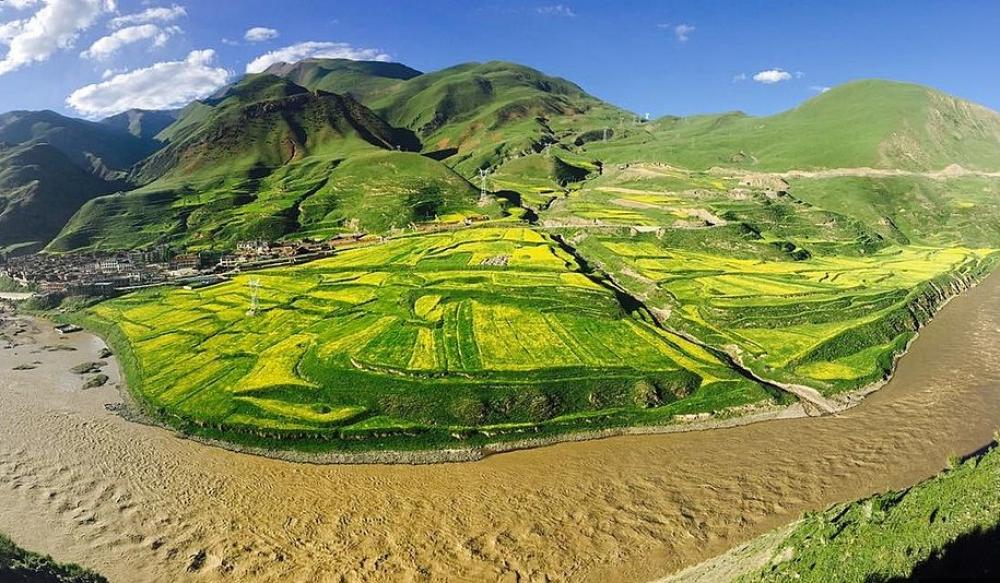Just Earth News | @indiablooms | 02 Jul 2021, 12:59 pm Print
 Tibetans
Tibetans Image: Wikipedia Creative Commons
Beijing: Chinese authorities in April carried out several arrests in Driru County in Nagchu, a region which is considered to be part of the so-called Tibet Autonomous Region, as the citizens were in touch with fellow Tibetans in exile.
One of the arrested nationals was identified as Gyajin.
Sources expressed the deepening state of fear in which local Tibetans continue to live day to day which prevents them from sending information and talking about politically sensitive issues on social media, reports Free Tibet website.
Severe restrictions and surveillance in the region heightened after the local Tibetans staged a strong protest against Chinese-affiliated companies who encroached on their sacred mountain, Naglha Zamba, and began extraction activities in 2010 and May 2013, the portal reported.
According to a local source, 44-year-old Gyajin, a father of three, was arrested on suspicion of contacting Tibetans in exile through social media and by phone.
Tibetans in exile with family ties in Driru County find themselves without any means of communication to know about the well-being of their families and the ongoing issues.
Those who manage to contact are hesitant about speaking about the sensitive situation in Driru County for fear that their families in Tibet will face severe reprisals.
Since the 2013 anti-mining protest, many Tibetans had been arrested for contacting their family members living in exile, who are also unable to return to Tibet, reports Free Tibet.
- Viral Irish food bank photo sparks shocking racist attacks on Indians
- Caught on camera: Two foreigners assaulted in Israel in an alleged racial attack
- Pakistan: Parents heartbroken after court sides with man accused of kidnapping minor Christian girl
- Pakistan: Trafficked 35 years ago, Bangladesh-born woman approaches court against FIA for offloading her from flight!
- Hindu tea worker found bound and bloodied in Bangladesh garden during general elections; investigation underway





-1763561110.jpg)
